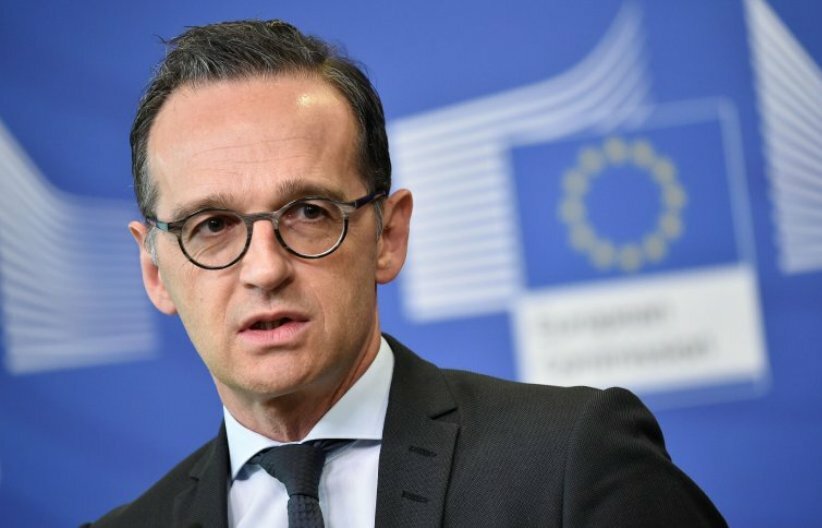Nuclear deal collapse will affect European security: Heiko Maas

TEHRAN - German Foreign Minister Heiko Maas has said that a collapse of the 2015 nuclear deal, known as the Joint Comprehensive Plan of Action, will have negative effect on European security.
“Situation will worsen without the JCPOA which will affect Europe’s security. We seek dialogue with all sides,” Maas said in an interview with Tagesschau German television program, IRNA reported on Monday.
He noted that Iran’s stay in the JCPOA since the U.S. withdrew from the multilateral agreement in May 2018 shows that Tehran is interested in keeping the deal.
“So, we will spare no action to keep Iran in the deal,” the German chief diplomat added.
The remaining signatories to the JCPOA are Germany, France, Britain, Russia and China.
Maas said on May 13 that it is essential to implement the JCPOA.
“We in Europe agree that this deal is crucial for our security… We are conducting negotiations again exactly for this purpose,” Sputnik quoted Maas as saying upon his arrival at the Foreign Affairs Council of EU ministers in Brussels.
After the reimposition of sanctions on Iran by the Trump administration and a failure by the European Union to offset the effects sanctions, Iran officially announced on May 8 that it will partially suspend some of its commitments under the JCPOA.
Iran stated that it would no longer observe limits for its stockpile of low enriched uranium (currently capped at 300kg under the JCPOA) and heavy water reserve (capped at 130 tons).
Iran said the ultimatum is for 60 days. However, it warned if a conclusion is not reached in this time period, it will take other measures step by step including accelerating its uranium enrichment activities.
“This announcement is for 60 days. We have announced to the other side, the five countries [Germany, France, UK, Russia and China], that if they come to the negotiating table in 60 days and we reach a conclusion and safeguard our main interests which are oil [sale] and banking relations, we will return to the previous situation of May 7, 2019,” President Hassan Rouhani told a cabinet meeting on May 8.
Under the JCPOA, endorsed by the UN Security Council Resolution 2231, Iran was tasked to put limits on its nuclear activities in exchange for termination of economic and financial sanctions. However, since Trump pulled the U.S. out of the JCPOA, the European countries cut banking ties with Iran, stopped purchasing Iranian oil, annulled agreements, and their companies left Iran one after another.
NA/PA
Leave a Comment